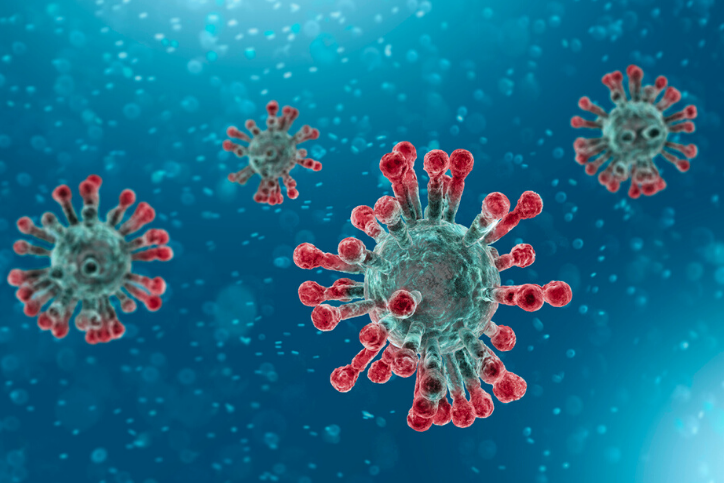Women’s Hormones 101: How Much They Affect Us
Hormones impact women in multiple different ways. Hidden from sight and working away inside, these substances that exist in the tissue and fluids can directly change women’s weight, energy levels, mood, and food cravings.
While hormones can be complicated and impact a wide scope of women’s health, the experts at Avant Gynecology are here to help explain the basics of women’s hormones.
What are Women’s Hormones?
Hormones are chemical messengers produced by certain glands in the body and then released into the bloodstream. These tiny parts of our body impact most, if not all, of our bodily functions. Women are especially prone to be affected by hormone fluctuations due to their chemical makeup. In fact, many stages of women’s lives are defined by what their hormones are doing. Examples of this include puberty, PMS, and menopause.
The two most well-known women’s hormones are estrogen and progesterone. Estrogen is produced by the adrenal glands, fat cells, and ovaries. Estrogen first appears during puberty and severely impacts the reproductivity and sexual development of women. Progesterone is created by the ovaries, adrenal glands, and placenta. The amount found in a woman increases during ovulation but is also found in great numbers during pregnancy. It helps to create stable menstrual cycles and also prepare the body for pregnancy.
However, there are many more hormones that are produced in women’s bodies. For example, vitamin D controls calcium consumption and bone growth. Oxytocin affects labor, breastfeeding, and bonding.
Overall, there are countless chemical messengers doing hard work behind the scenes for women. To learn the full list and what all they do for your bodies, click here to read more.
Common Issues with Women’s Hormones
Nearly half of all women experience issues with hormonal imbalance. Unfortunately, sometimes the problems they cause may not seem obvious. While trying to discover what is wrong, doctors may guess other complications before realizing hormones are the cause.
Here are some of the most common issues women experience when their hormones are imbalanced:
- Irregular periods
- Poor sleep quality
- Acne
- Brain fog
- Gastrointestinal issues, such as abdominal pain, diarrhea, vomiting, and constipation
- Mood swings
- Headaches
- Vaginal dryness
- Low sex drive
- Infertility
- Unstable blood sugar
- Mental health issues
- Changes in weight
- Breast cancer
This long list is only the tip of the iceberg when it comes to issues that hormones can cause. That’s why it’s vital to keep track of any medical issues you may be experiencing and then communicate them both to your general physician and gynecologist. They will be able to ensure that your hormones are functioning properly and can provide a treatment plan that will work best for you if they aren’t.
If you have any further questions about women’s hormones, click here to contact the expert team of gynecologists. We’d be happy to assist you.










